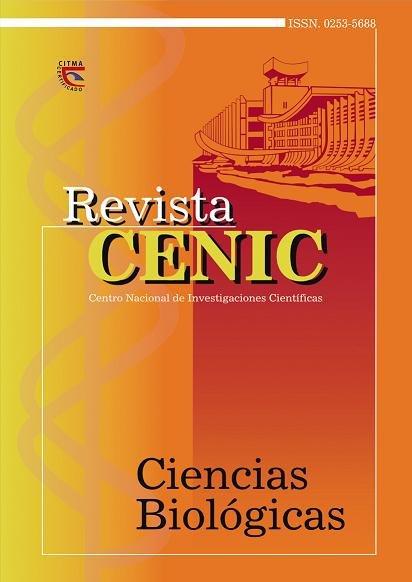Efectos de la detección temprana sobre el desarrollo psico-social y lingüístico de los niños con pérdidas auditivas permanentes
Abstract
An epidemiological study of hearing impairment in the population of one region of Havana City (Cotorro) was recently carried out. As a part of this study the effects of early intervention on outcomes for children with permanent hearing impairment (moderate to profound)
was examined. The academic achievement, language and speech skills and emotional abilities were measured in the group of children
who benefited from the targeted hearing screening program organized in Havana since 1983 (N=13, birth dates 1984-2000; mean age of detection 1,03 years, sd= 0,97 years) and compared to a control group of young adults (N=6) who were born before the initiation of the program (birth dates 1960-1983; mean age of detection =10,75 years, sd=11,32 years). Both groups were matched by the severity and nature of hearing impairment, cognitive ability, and equivalent opportunities with regards to educational and medical attention. Each subject was evaluated by a team of professionals (audiologist, neurophysiologist and psychologist). A battery of standardized tests, corrected by age, was administered to assess language and speech, academic skills, self esteem, and social-emotional development. Results show a clear advantage in all areas explored, outcomes for children ear, detected by the screening program . Forty six percent
of children early identified showed normal oral fluency and speech intelligibility. By contrast in the late-intervention control group only one (16%) had normal fluency and speech intelligibility . Although both groups showed a delay in language acquisition, the retardation was on average much lower in the early detection group (5.6 years of language retardation by early detection group versus 30 .9 years by late detection group). Moreover the screened group had superior self esteem. We conclude that early intervention has a beneficial effect on the development of language and cognition as well as the emotional and psycho-social abilities in the children with permanent (moderate to profound) hearing impairment detected by the hearing screening program.
Downloads

Downloads
Published
How to Cite
Issue
Section
License
Copyright (c) 2002 Copyright (c) 2002 Revista CENIC Ciencias Biológicas.

This work is licensed under a Creative Commons Attribution-NonCommercial-ShareAlike 4.0 International License.
Los autores que publican en esta revista están de acuerdo con los siguientes términos:
Los autores conservan los derechos de autor y garantizan a la revista el derecho de ser la primera publicación del trabajo al igual que licenciado bajo una Creative Commons Atribución-NoComercial-CompartirIgual 4.0 Internacional que permite a otros compartir el trabajo con un reconocimiento de la autoría del trabajo y la publicación inicial en esta revista.
Los autores pueden establecer por separado acuerdos adicionales para la distribución no exclusiva de la versión de la obra publicada en la revista (por ejemplo, situarlo en un repositorio institucional o publicarlo en un libro), con un reconocimiento de su publicación inicial en esta revista.
Se permite y se anima a los autores a difundir sus trabajos electrónicamente (por ejemplo, en repositorios institucionales o en su propio sitio web) antes y durante el proceso de envío, ya que puede dar lugar a intercambios productivos, así como a una citación más temprana y mayor de los trabajos publicados (Véase The Effect of Open Access) (en inglés).














